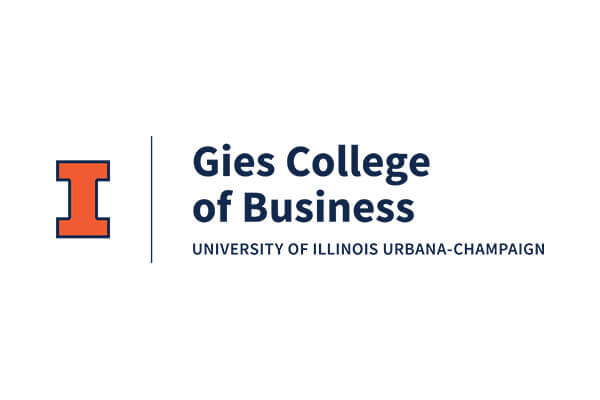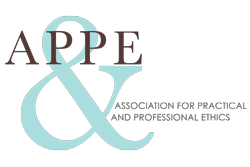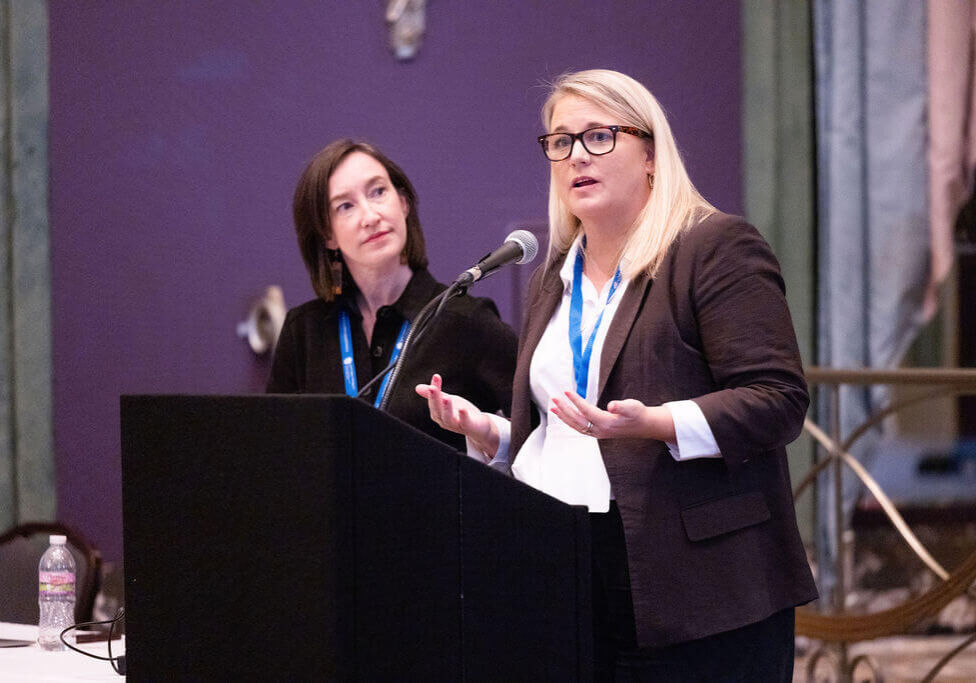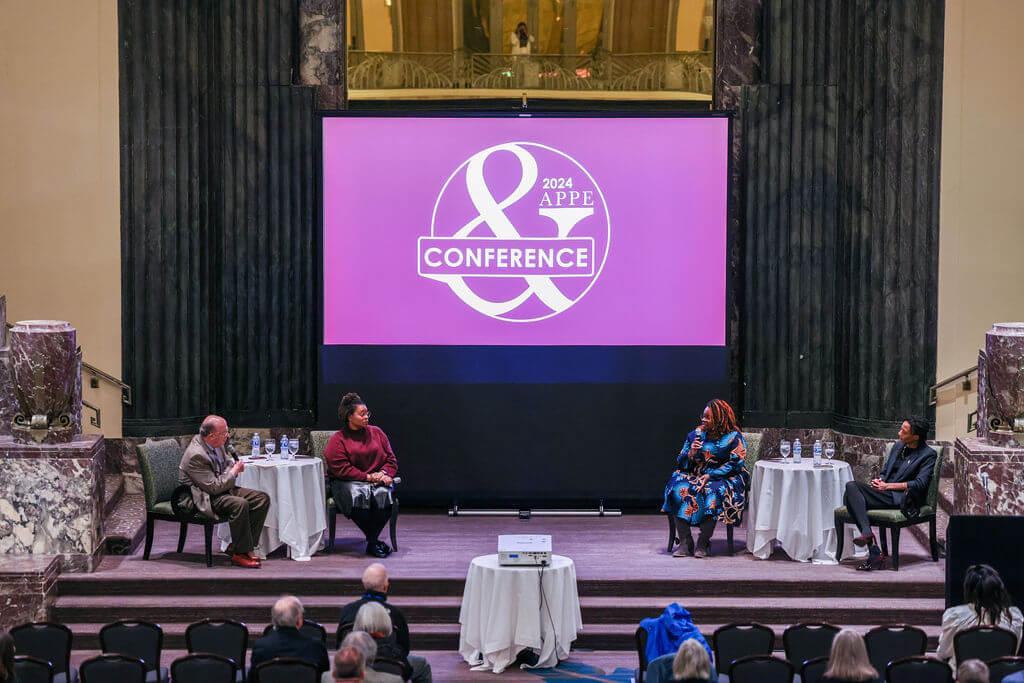Who We Are
The Association for Practical and Professional Ethics (APPE) is a membership organization dedicated to advancing scholarship, education, and practice in practical and professional ethics.
Or, as we like to say, we're an organization for the ethically curious.
As a member, you'll get exclusive opportunities and discounts to attend APPE programs, including our annual conference, and more. As a non-member, you can still stay informed by joining our listserv to receive our monthly newsletter and weekly jobs and events postings.
Interested in becoming a member?
What We Do
Through our signature programs, as well as an annual conference and a variety of programs and events, APPE fosters moral reasoning skill development, works to promote ethical conduct in all sectors of our daily lives, nurtures the next generation of ethical leaders, and seeks to advance civil public discourse on diverse ethical issues.
2024 APPE IEB® National Competition
The 28th Annual Association For Practical And Professional Ethics Intercollegiate Ethics Bowl® was held in Cincinnati on February 24 and 25, 2024 at the Hilton Netherland Plaza. Congratulations to the University of North Carolina--Chapel Hill, our 2024 Champions!
Thirty-six student teams from institutions of higher learning across the country competed in matches using a set of prepared cases that were drawn from real-life examples in education, business, life, and politics. A team of case writers worked on cases throughout the summer and fall and students have approximately two months to prepare for the competition. More than 200 teams from more than 150 schools compete in regional competitions each fall to earn a berth to the national competition.
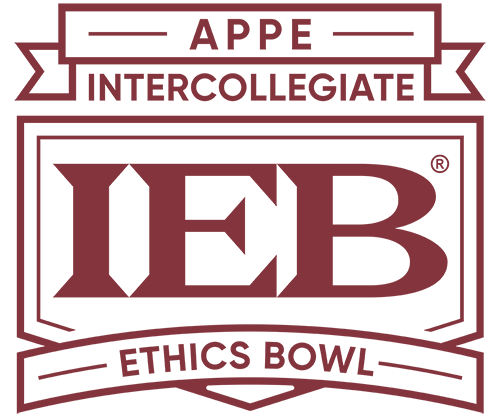
Organizational Members
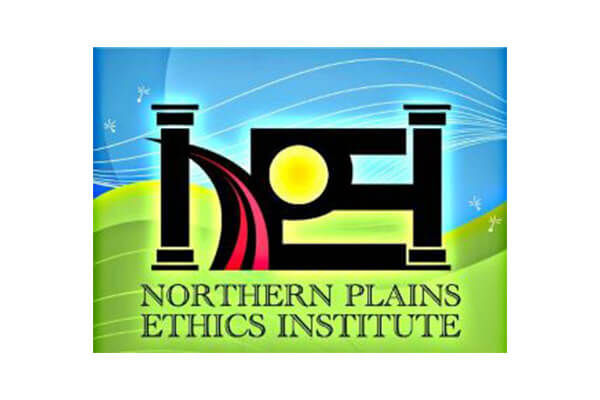
Gies College of Business
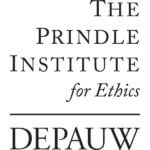
Prindle
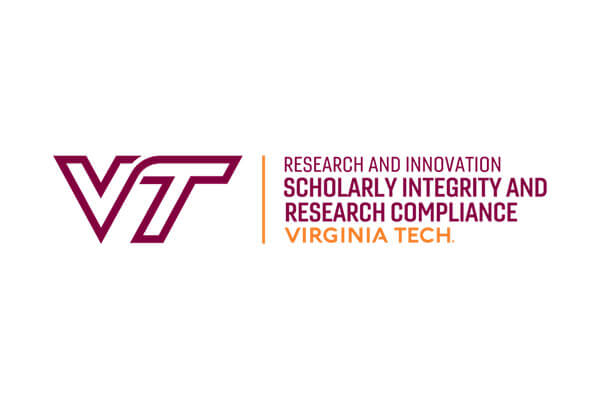
Siemens
